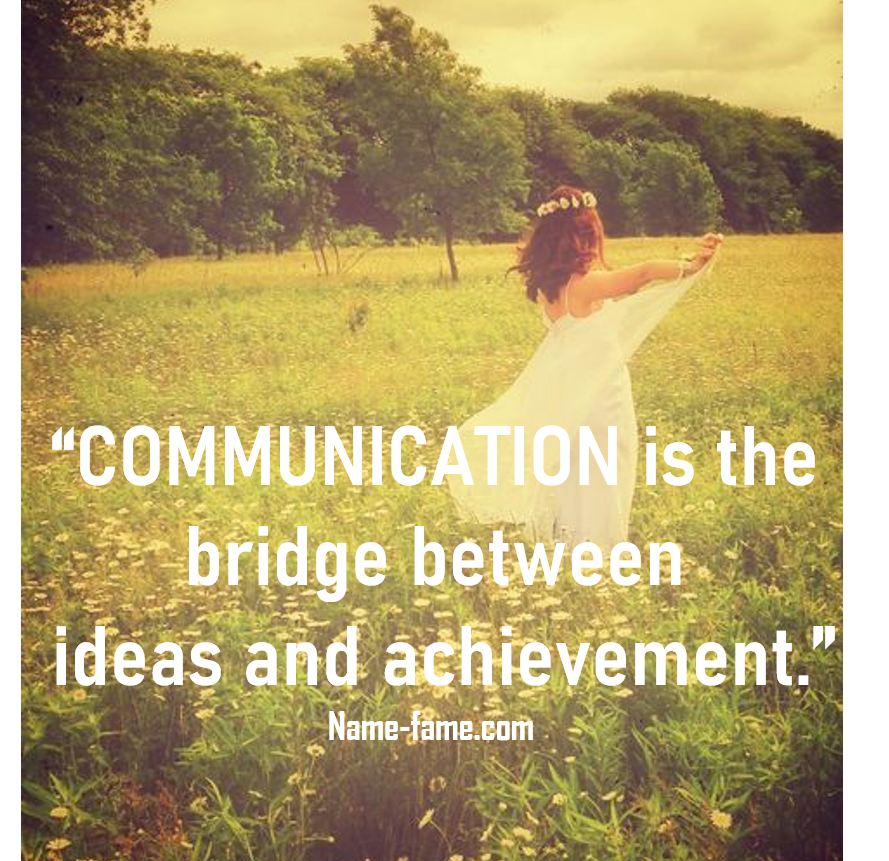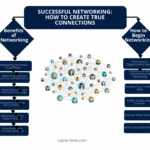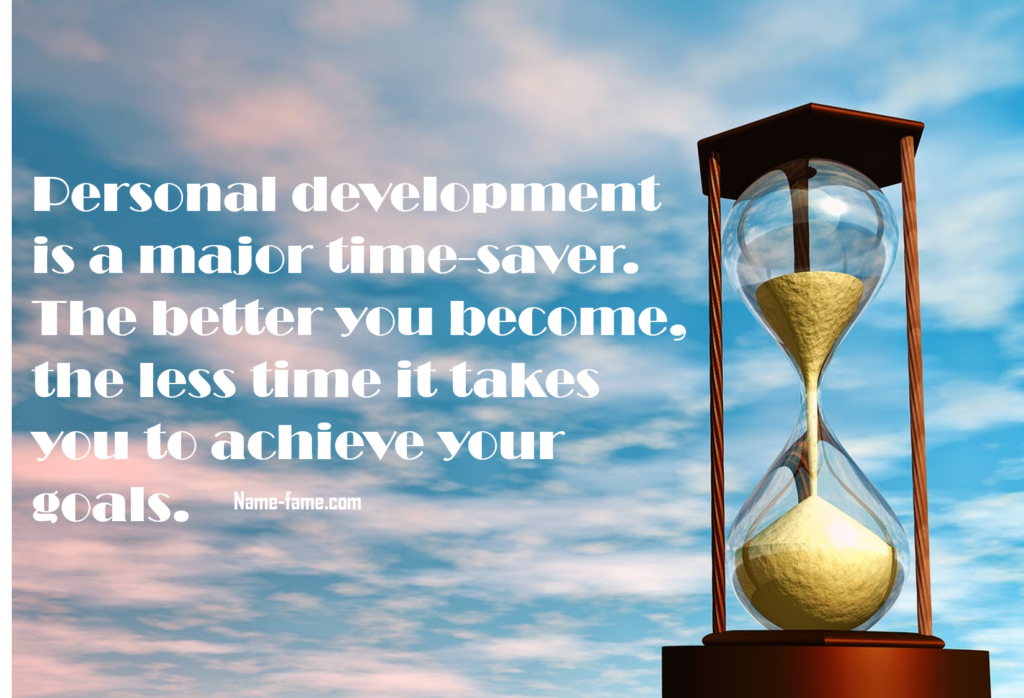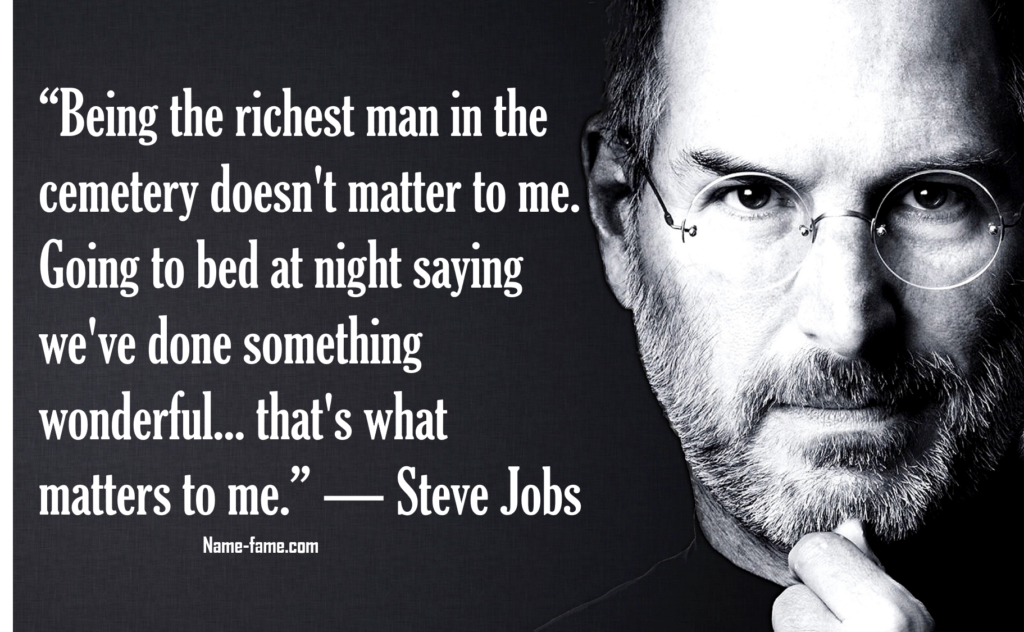Effective Communication for Success – Success requires effective communication because it facilitates the unambiguous expression of ideas, the development of solid connections, and the avoidance of misunderstandings. Confident and convincing, effective communicators are better at settling disputes, motivating groups, and grasping chances. Communication is more than just speaking; it also involves mindfulness, compassion, and clarity. Gaining proficiency in these areas is essential for success because it makes you stand out, builds relationships, and opens opportunities in both your personal and professional life.

Techniques for professional communication
Professional communication requires a variety of approaches, each appropriate for distinct audiences and situations.
SEE ALSO: 7 Key Situations Where Speaking Up Builds Your Self-Respect
Verbal:
Whether in person or over the phone or via video calls, verbal communication takes place through spoken language. It enables spontaneous communication and clarity, as well as an intimate relationship through voice and tone. Verbal communication works best when voice and emotion need to be communicated, when complicated issues require back-and-forth discussion, and when rapid feedback is required.
Nonverbal:
This method of communication uses tone of voice, gestures, facial expressions, and body language. In face-to-face contacts, such as performance appraisals or delicate conversations, nonverbal communication is effective when comprehension of the emotional context is crucial.
Visual:
Charts, graphs, pictures, and videos are examples of visual aids used in visual communication. Complex data can be presented in a way that makes it easier to understand. Visual communication can help with memory recall and audience engagement during training sessions or presentations.
Written:
Written correspondence, such as emails, reports, notes, and texts, enables meticulous message crafting to guarantee professionalism and clarity. Written correspondence can reach several people at once and provide a lasting record of conversations. When communicating comprehensive data that needs to be cited later, written communication works best.
SEE ALSO: Easy Routines to Maintain Your Optimism When Life Seems Too Heavy
Advice for effective communication at work
Communication is a talent that everyone can learn, just like any other. The following useful advice can help you communicate clearly at work:
Be precise and clear:
To communicate your point, use straightforward language. Steer clear of jargon and extremely complicated words that could confuse your viewers.
Facilitate questioning:
Establish a welcoming atmosphere where people can ask inquiries. To ensure that everyone has understood the message, ask for comments. If there are any questions, address them right away to avoid misconceptions.
Use visual aids:
To bolster your written or spoken words, including slides, graphs, or charts. Make sure any visual aids are understandable and pertinent to the subject at hand.
Engage in active listening:
To enhance your verbal communication abilities, you must first focus on the speaker without interjecting. Nod or use verbal affirmations like “I see” or “I understand” to demonstrate involvement. To ensure understanding, paraphrase or summarize what the person speaking has stated.
Communication structure:
Before speaking or writing, arrange your ideas coherently. Use headings, subheadings, bullet points, and numbered lists to divide content in emails and reports and make them easier to read.
SEE ALSO: 4 Reasons for Repetition of Life Lessons
Follow-up on:
After important discussions or meetings, write up a summary of the main ideas and the next steps and send it to everyone who needs to know. This approach strengthens comprehension and serves as a point of reference for upcoming conversations. Don’t forget to urge team members to verify that they have received and comprehended follow-up correspondence.
Advantages of effective communication Professionally and Personally
Effective communication fosters teamwork and has several advantages in the workplace, For me, it strengthens relationships, boosts self-esteem, settles disputes, cultivates empathy, and promotes general personal growth and emotional health.
Relationships and trust
Team members’ trust is cultivated through frequent and honest communication. People’s relationships improve and the team dynamic develops more cohesive when they feel heard and valued.
Increased output
Teams that communicate well are better able to handle information and make sure that everyone has access to the tools and updates they need. Teams can concentrate on high-priority activities and avoid repeating efforts thanks to this efficiency.
Improved cooperation
Effective communication makes it easier for team members to comprehend their responsibilities and how they fit into the overall project. Additionally, regular communication promotes discussions about ideas where teammates can exchange different viewpoints.
Prevention of conflict
Ineffective communication is the root cause of many disputes at work. Effective communicators are better able to handle and settle disputes. They emphasize with others, listen well, and lead conversations that result in positive solutions.
Conclusion Effective communication for success:
In summary, successful communication creates opportunities, fosters relationships, and increases confidence. Gaining proficiency in this area will enable you both professionally and personally, opening the door to long-term success.






